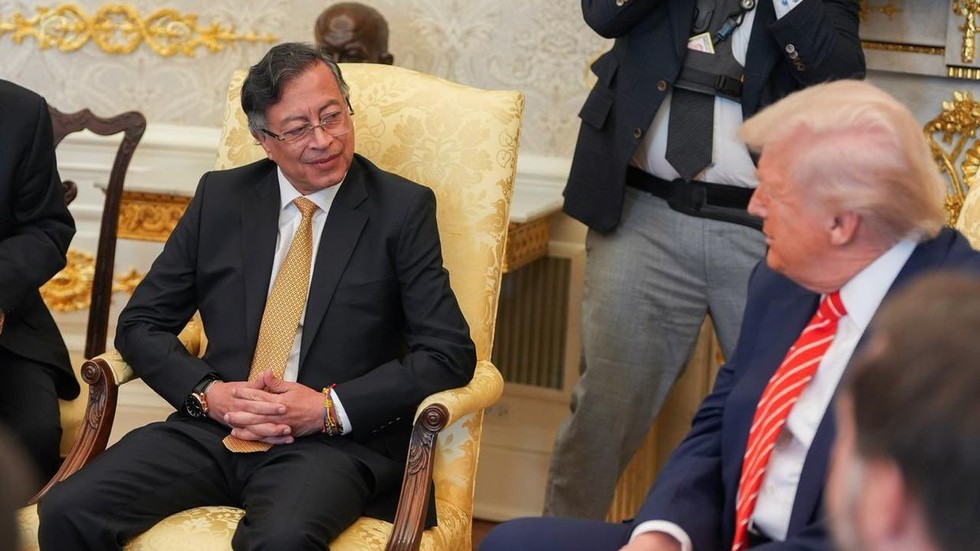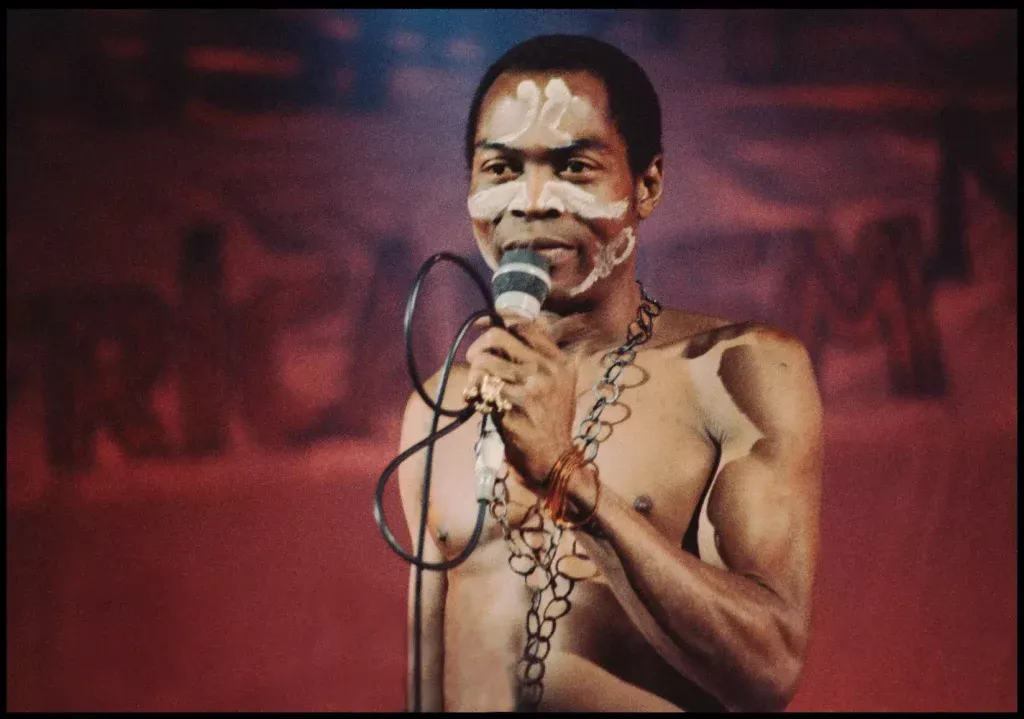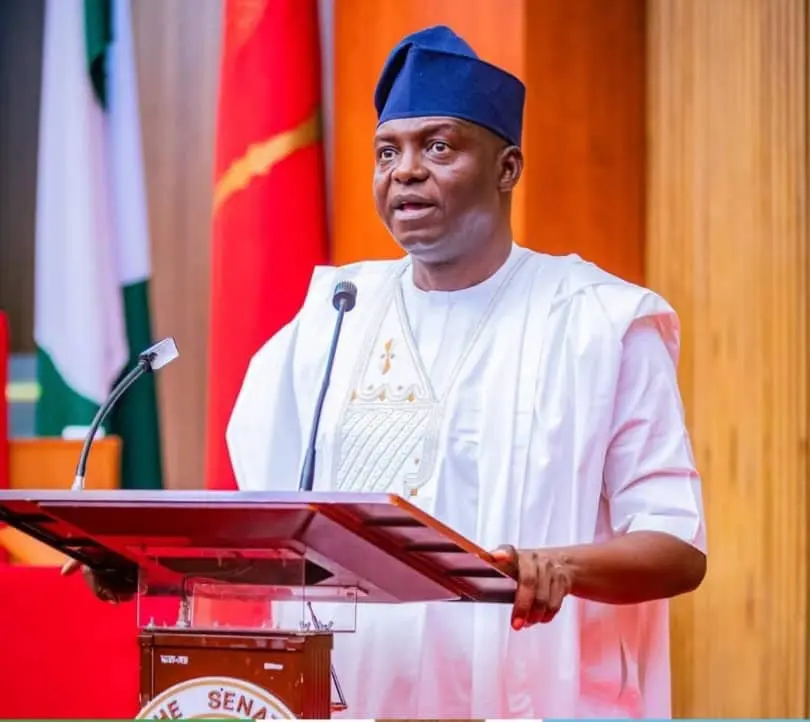Nigeria’s electricity supply saw a significant increase of 14.64% in the fourth quarter of 2023 compared to the previous year, according to the latest report from the National Bureau of Statistics. The country’s electricity supply surged to 6,432 gigawatt-hours in Q4 2023, up from 5,732 GWh in the previous quarter and 5,611 GWh in Q4 2022.
Despite this positive development, the Minister of Power, Adebayo Adelabu, expressed concern over the recent drastic drop in electricity supply since January 2024. Adelabu emphasized that a 4,000-megawatt power supply for a country with a population of over 200 million is unacceptable. He attributed the decline in power supply to gas constraints affecting the nation.
Furthermore, the recent increase in electricity tariffs for Band A customers, who receive 20 hours of power supply, has sparked controversy among Nigerians who are already grappling with inconsistent power supply. The issue of epileptic power supply continues to be a major challenge for many citizens.
It is crucial for the government to address the underlying issues affecting Nigeria’s electricity supply to ensure sustainable and reliable power for all citizens. The country’s energy sector plays a vital role in driving economic growth and development, making it essential to prioritize and invest in improving the power infrastructure.



